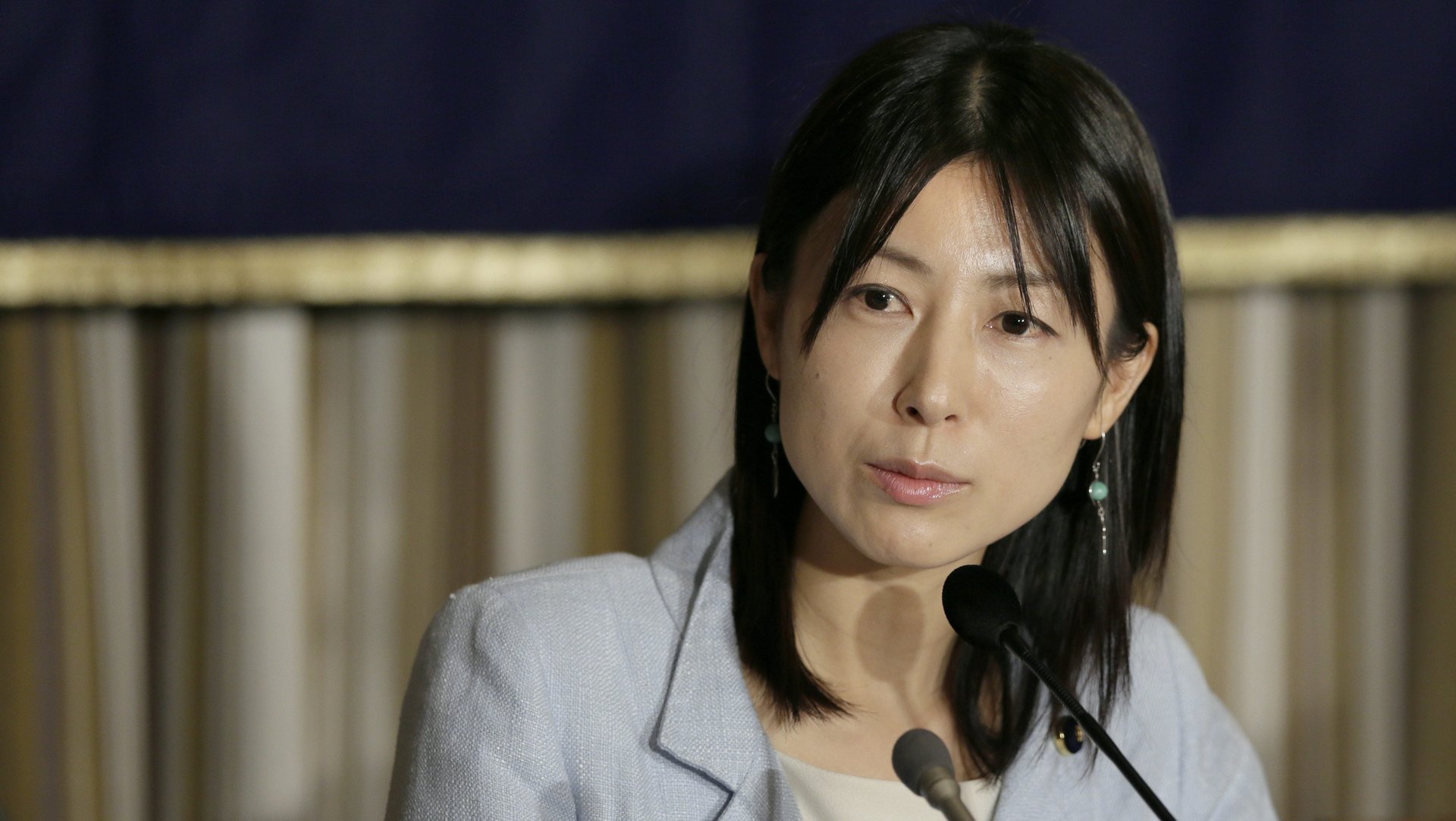To be a female politician in Japan, sometimes you have to put up with being groped by voters
Much has been written on the sexism that plagues corporate Japan, even as the government encourages companies to promote women into senior roles. But women face plenty of discrimination in the political sphere, too.


Much has been written on the sexism that plagues corporate Japan, even as the government encourages companies to promote women into senior roles. But women face plenty of discrimination in the political sphere, too.
Over the weekend, a Kyodo News survey found that 59% of female local politicians—or “prefectural assemblywomen”—reported sexual harassment from male colleagues and voters.
In Tokyo in 2014, Ayaka Shiomura, a member of the Tokyo assembly, was heckled by male peers after questioning the city administration’s commitment to helping pregnant women and young mothers. One male peer told her she should get married before bringing up the issue; meanwhile, Japan is trying to address a birthrate that’s been declining in recent years.
Some survey respondents said male peers had followed them into their hotel rooms during study tours, and forcibly kissed them.
It wasn’t just male politicians behaving badly. Some respondents reported voters agreeing to vote for them on the condition they poured drinks for them. Others said they had been groped by voters.
Of course the survey didn’t have a large sample size because there are not that many female politicians to begin with. Fewer than 10% of the nation’s prefectural assembly seats were occupied by women at the end of last year, according to government figures.